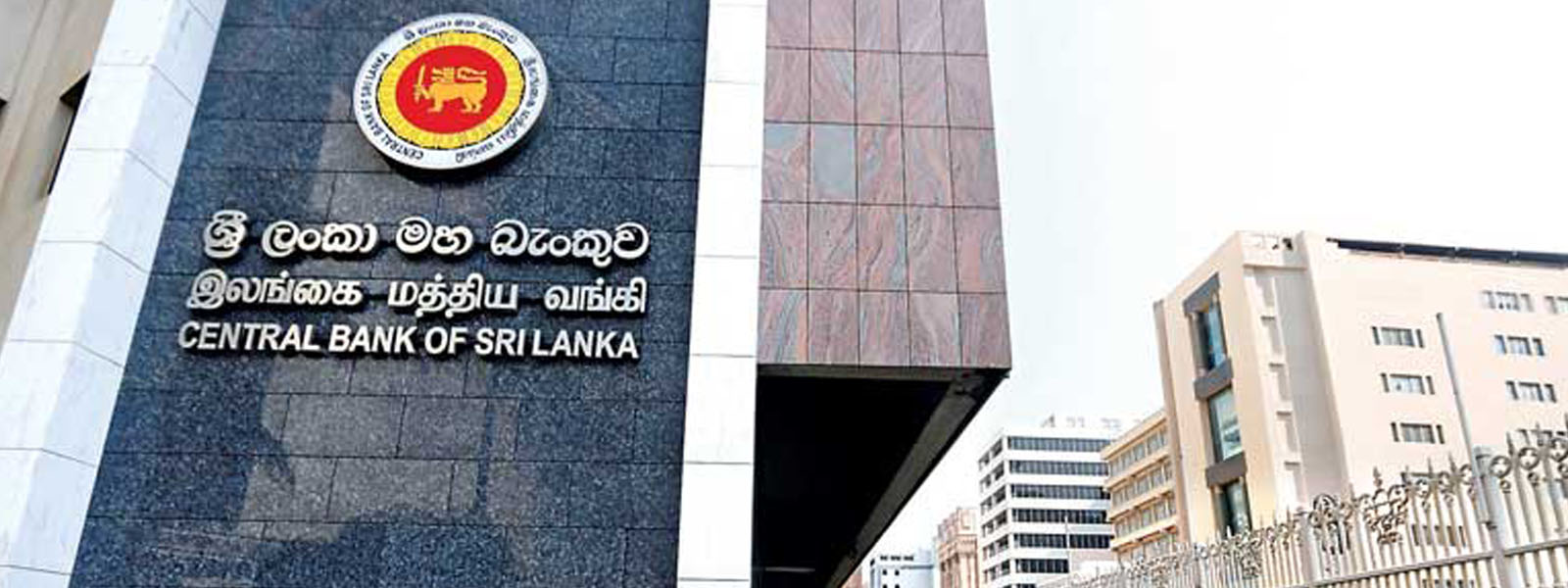.webp)

Sri Lanka's economic growth to slide for fifth successive year : CBSL
COLOMBO (News1st): Sri Lanka's central bank has predicted that the country's economic growth will decline to 1.5 percent in 2020, due to the impact of the novel coronavirus, recording the decline for the fifth consecutive year.
"...the economy is likely to be impacted severely in terms of its growth, fiscal, external, and financial sector performance," the banking authority said in an annual report.
According to the report, the South Asian island's economic growth had slid to 2.2 percent in 2019 from 3.3 percent achieved in 2018, while total foreign debt had risen to 55.9 billion dollars at the end of 2019.
Sri Lanka has to settle at least 4.8 billion dollars as foreign debt this year but failed to raise 220 million dollars by issuing development bonds after the auction went undersubscribed in March.
Policy measures and economic revival steps had failed and contributed to "notable slippages" in the financial sector, the central bank said.
"All major sectors of the economy recorded positive but modest growth rates."
The banking authority pointed out that increasing domestic production, strengthening exports, and attracting foreign direct investments (FDI), could uplift the country's economy this year.
However, junior investment promotion minister Keheliya Rambukwella earlier told News 1st that the country will not be able to achieve its two billion dollar FDI target for 2020.
On positive lines, the central bank said the country's trade deficit had reduced from 10.3 percent in 2018 to eight percent in 2019, while the exchange rate remained "broadly stable" despite some sudden spikes.
"Policies to curtail import expenditure resulted in a notable improvement in the trade and current account balance," the report read.
Inflation too had "moved broadly in the desired range of 4-6 per cent during 2019", the central bank further said attributing the situation to muted demand conditions and "well-anchored inflation expectations".
Other Articles
Featured News





.png )
-797617_550x300.jpg)
-686415-778708_850x460-797611_550x300.jpg)

-797599_550x300.jpg)






-797273_550x300.jpg)



















.gif)